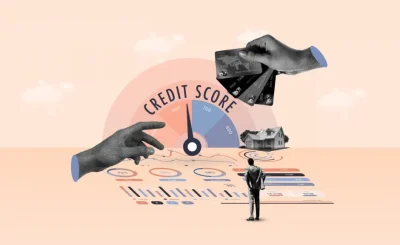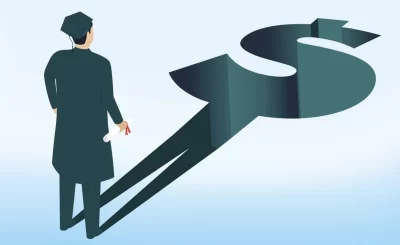The decision to use a personal loan or credit card comes down to your needs. For those who have a solid budget, excellent credit and the ability to pay off debt on time, a personal loan may make more sense.
With a personal loan, you borrow a lump sum under fixed terms and a set interest rate. Credit cards offer a line of credit that can be used for purchases, bills and cash advances.
What is a Credit Card?
Credit cards are financial tools that can help build your credit, thwart fraud and earn rewards. It’s important to understand how they work so you can use them responsibly.
A credit card works by offering you a line of revolving credit, which means you can borrow money to buy things, but you must pay back what you spend within the credit limit. The bank that issues the credit card caps your credit limit based on factors like your income, debt and credit score.
Unlike debit cards, which draw funds from your bank account to make purchases, credit cards give you the option of borrowing money that you don’t have and then paying it back later, usually with interest. Most cards also include a set period during which no interest is charged, known as the introductory or interest-free period. However, you should always read the fine print to see if that applies to your card. Almost all cards charge a late fee and some have annual fees.
What is a Loan?
A loan is when a lender gives a borrower money, which the borrower then pays back with interest within a specified timeframe. Loans may or may not be secured by collateral, and loan options and rates can vary based on the borrower’s credit score and debt levels.
Generally, when lenders advertise loan products, they’ll typically include the annual percentage rate (APR) in addition to the principal and other fees, so that borrowers can easily compare costs. Paying off a loan early can save on financing fees and can help reduce the principal balance.
When you have a loan, it’s important to make payments on time because missing payments can hurt your credit score and limit future borrowing options. The exact way you pay back your loan will be detailed in your agreement. It’s also common to have the option of making extra payments toward principal, which can help you pay off your loan sooner. 1
How Does a Credit Card Work?
When you make a purchase with a credit card, you are borrowing money from the bank that issues the card. Unlike a debit card, which is tied to your bank account, credit cards offer access to a revolving line of credit that you can use again and again, up to a predetermined borrowing limit called a credit card balance.
Credit cards can also be used to withdraw cash, but this is usually expensive and comes with high fees. Regardless of how you use it, credit cards can help build your credit, provide rewards, and more, but they are important to manage responsibly so you don’t end up in debt.
Personal loans, on the other hand, provide a lump sum of money that you pay back over time with fixed monthly payments. Learn more about how credit cards and loans work to decide which is better for your needs. NerdWallet is here to help you find the right credit card for your needs.
How Does a Loan Work?
Many lenders offer personal loans, and loan terms can vary. Choosing the right loan for your needs can help you avoid financial challenges, such as debt. Loans work differently from credit cards and can offer different benefits, such as receiving funds as a lump sum and a fixed interest rate.
A credit card is a type of revolving debt, which means you can borrow up to your credit limit and repay and reborrow each month. Credit card interest rates are variable and can increase or decrease over time, based on factors such as your creditworthiness and how you use the debt.
A personal loan is an installment loan that works with a set monthly payment and a fixed term. Personal loans may be used for any purpose and can help you achieve your goals, such as paying off debt or financing a major purchase. To learn more about your loan options, use our free tool to compare loans and apply with a lender that best meets your needs.










